Southern California’s Metropolitan Water District recently announced its plans to increase property taxes and rates across it’s six county’s over the next two years.
The decision, deemed controversial by some homeowners, comes in response to higher costs of importing and treating water for the entire region and a decrease in the MWD’s overall revenue.
Higher Rates Brought in to Support Conservation Efforts

According to the Los Angeles Times, there are several reasons behind the MWD’s decision to increase rates and property taxes across the state.
The increased rates will help “cover the costs of importing and treating water, as well as finance climate change adaptations to infrastructure and make up for declines in revenue due to widespread conservation efforts,” the Times wrote.
MWD Board Director Reveals Sales Are Decline

Adán Ortega Jr. The Chair of the MWD Board of Directors, hinted that some of the blame should be pointed towards the efforts to conserve water in The Golden State.
“We’ve been successful in conservation to the point where our sales are declining, and we need to make that up somehow,” he said.
MWD Try to Make Up Lost Revenue
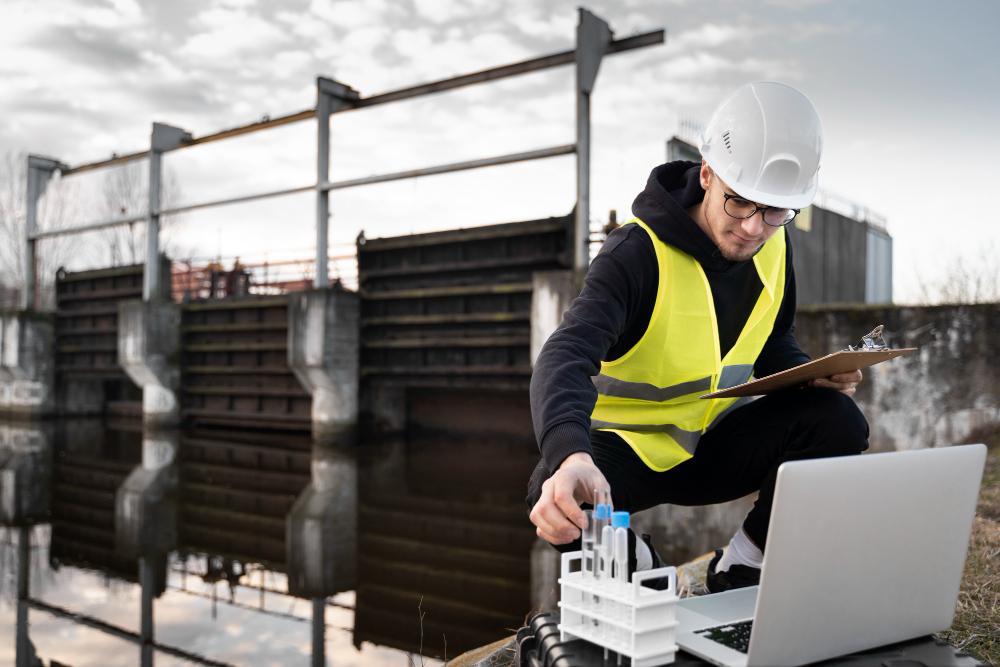
Ortega Jr. went on to explain that the MWD has tried to make up for lost revenue with what it has in reserves, yet this strategy will not last forever.
“We’ve made up the revenue and stabilized the past rates with the reserves, and we can’t keep doing that.”
New Rates Begin in 2025
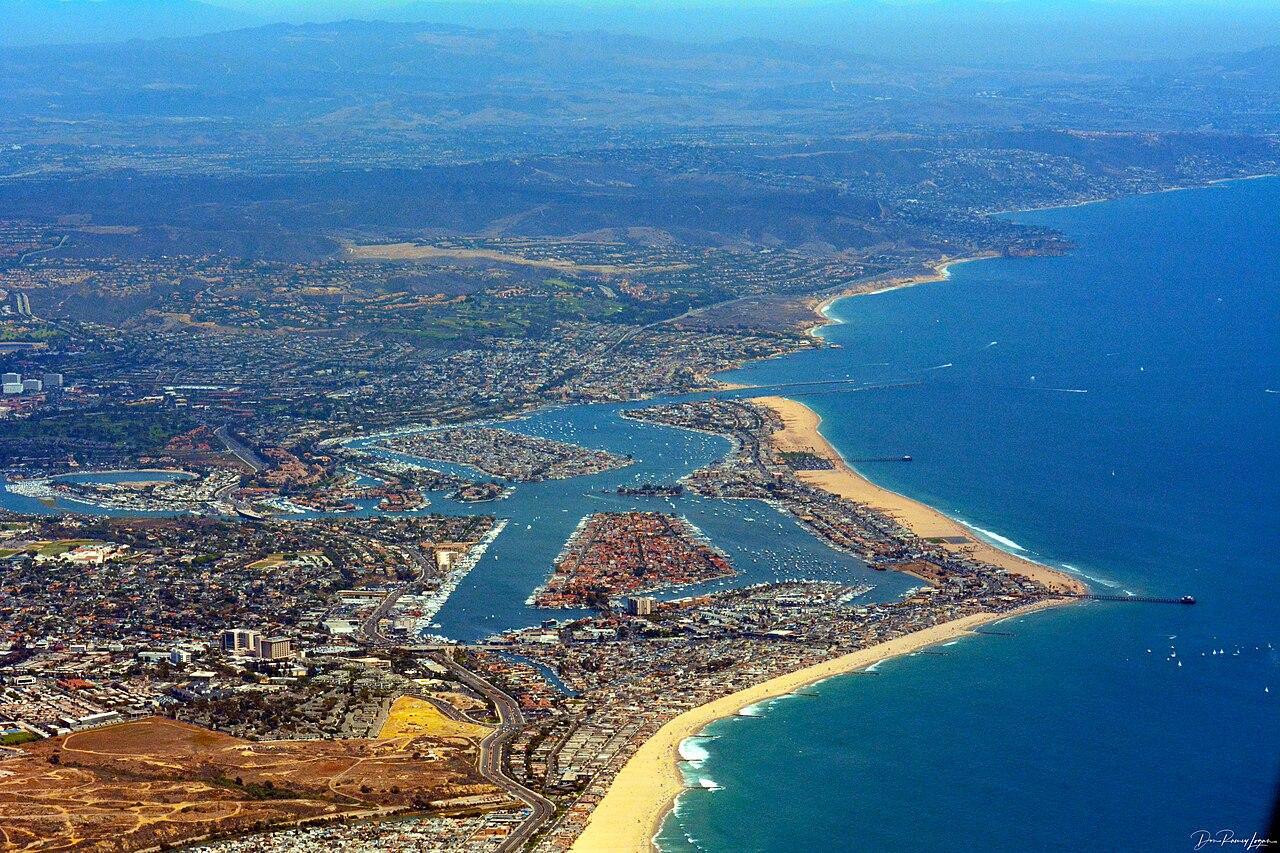
The district’s 38-member board gathered in April and voted to raise water rates by 8.5% beginning next year, followed by a further 8.5% increase in 2026, per KTLA News.
The price increase will affect over 25 cities in Southern California and various retail suppliers who receive imported water through the MWD.
New Budget Plans to Increase Home Tax
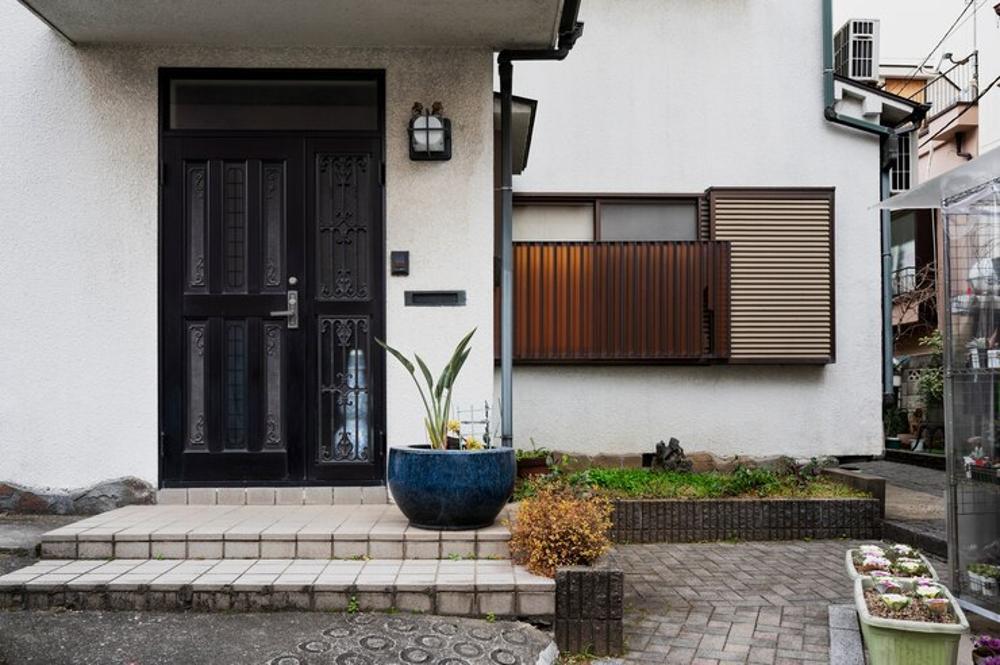
The MWD board also revealed they plan to increase property taxes in the six-county region.
For median-valued homes in Los Angeles County, their property tax will double from $28 per year to $56. Whereas in Orange Country it will increase from $33 to $66.
MWD General Manager Speaks on Rate Increases

Regarding the rates hike, Adel Hagekhalil, MWD’s General Manager, claims they tried to increase their prices as little as possible.
“We understand the impact rate increases can have on businesses and residents, so we have taken great steps to limit our increase as much as possible,” he said.
Costs Continue to Rise While Revenues Drop

According to Hagekhalil, one major reason behind the increase in rates is that the MWD’s costs continue to rise, yet their revenues have seen a sharp decrease.
“The difficult reality is, our costs have risen while revenues have dropped, so we need to take the fiscally responsible step of adjusting our rates.”
Reasons Behind the Decrease in Revenue
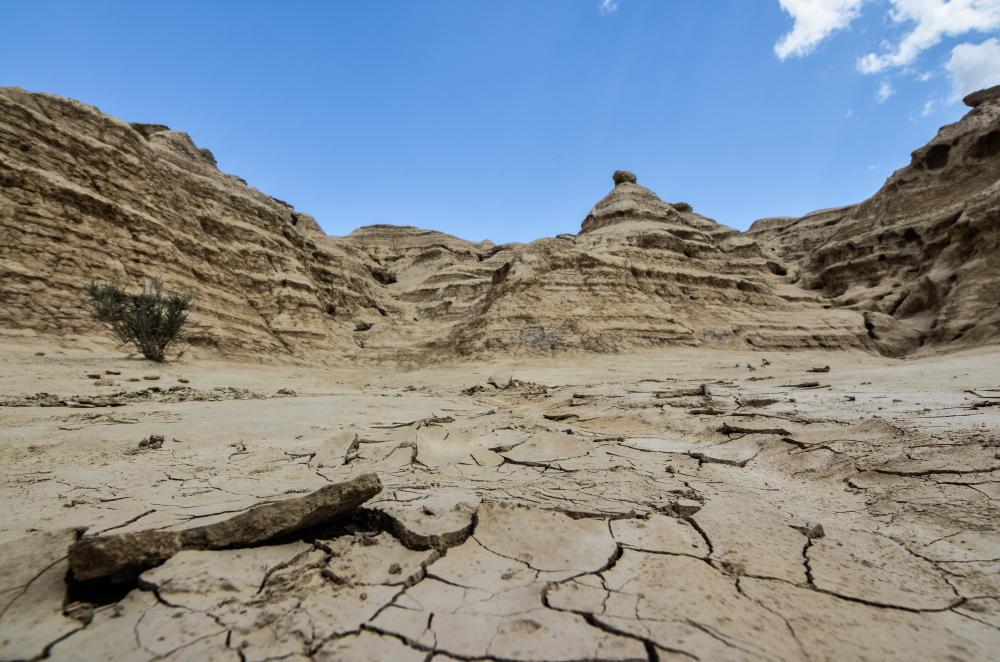
The MWD’s General Manager explained that revenues have shrunk in recent years due to the extensive drought that occurred from 2020 to 2022.
This, coupled with the inflation that’s battered the district, has unfortunately left them with no alternative but to increase the rates.
The Cost of Climate Change

MWD officials also claim they have made several large cuts to ensure no larger rate increase occurs. Speaking on the increase as a whole, Ortega Jr. suggests, “It’s the cost of climate change.”
He continued, “The reason why we have to invest in our water systems is because we have to use our water systems differently with climate change.”
SoCals Water Travels Over 400 Miles
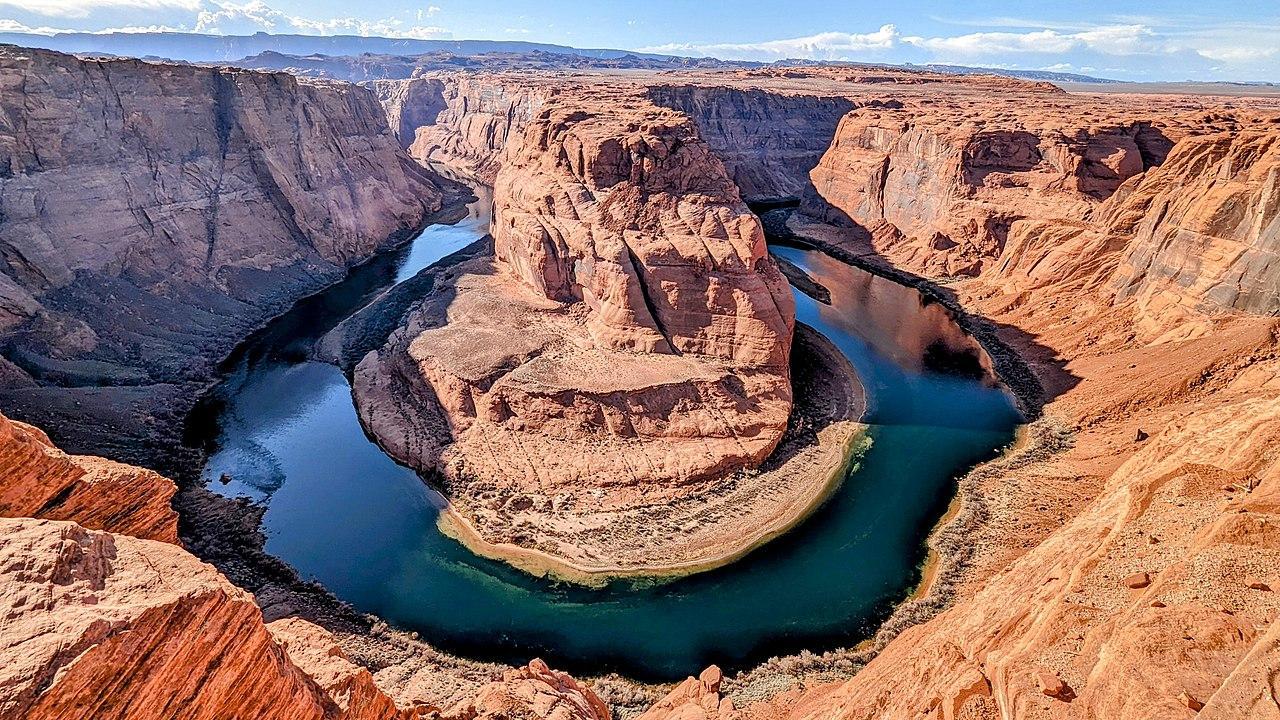
“For most residents, it’s probably not on the top of their mind that the water they drink comes from 400 miles away in Northern California, or from over 200 miles away from the Colorado River. But half the water that can be consumed in this region in a given year has to travel that distance,” said Ortega Jr.
“You have these costs that remain and escalate. And then you have the complications of climate change that require us to adapt and build the new class of infrastructure that’s required for that adaptation.”
Investments in Long-Term Projects

While the budget for the next two years will see an increase in rates and property tax, the MWD plans to begin working on long-term investment projects while they develop the Climate Adaptation Master Plan for Water.
“Metropolitan is in a transformational period, facing critical decisions on which long-term projects to invest in to help our region adapt to climate change,” Ortega said. “As we embark on these major changes, this budget provides us the fiscal stability we need for the next two years.”
